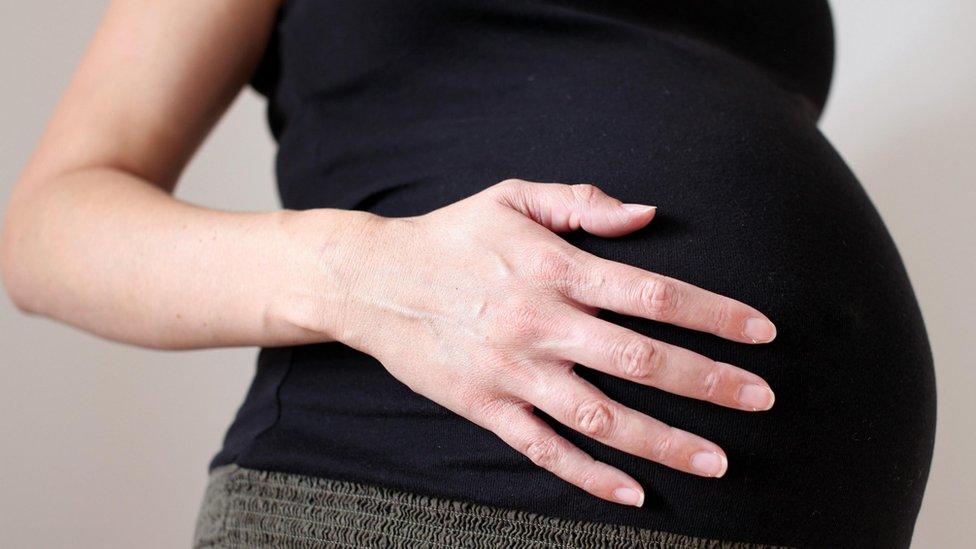Workers 'cutting hours' because of childcare costs
- Published

More than one in four UK business leaders say employees have cut their hours because of the "high cost of childcare", a report from the British Chambers of Commerce says.
The survey of more than 1,600 business leaders also found nearly 10% said some staff had quit for the same reason.
Government policy "should evolve to help as many parents as possible stay in the workplace", the BCC urged.
The government said it was doing "more than ever before to support families".
Under current measures, every three and four-year-old in Britain is entitled to up to 15 hours of free early education and childcare per week.
From 2017, this entitlement will be doubled to 30 hours a week. Those surveyed said they would welcome further support.
The BCC carried out the survey in conjunction with Middlesex University researchers.
One third of those questioned said the availability of childcare was a "key issue in recruiting and retaining staff".
Some 12% said their employees' productivity had fallen because of the cost of childcare, and a further 8% said staff changed roles within their business as a result of the same issue.
'Removing barriers'
Although almost 40% of the businesses surveyed said the government plans to double free childcare in 2017 would help, the BCC said it was calling on ministers to do more, including considering offering universal childcare until a child started school.
Adam Marshall, director general of the BCC, said the government should consider the childcare system as part of Britain's core business infrastructure - "in the same way that it thinks of energy, transport, or broadband".
A Department for Education spokesman said that in England, from September, parents would have up to 30 hours of childcare a week for three- and four-year-olds, "helping to remove the barriers that can stop them from working".
"It is backed up by a record £6bn per year investment in childcare by the end of the Parliament, as well as introducing tax-free childcare worth up to £2,000 per child per year."
- Published29 September 2016

- Published15 June 2016

- Published27 October 2016
